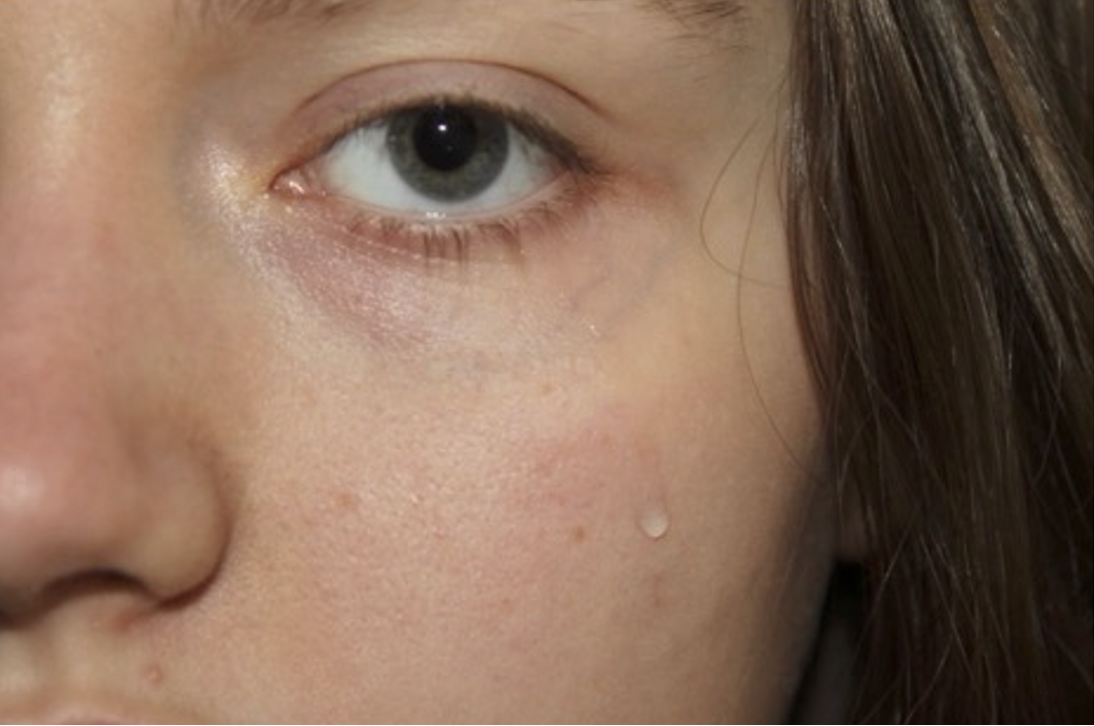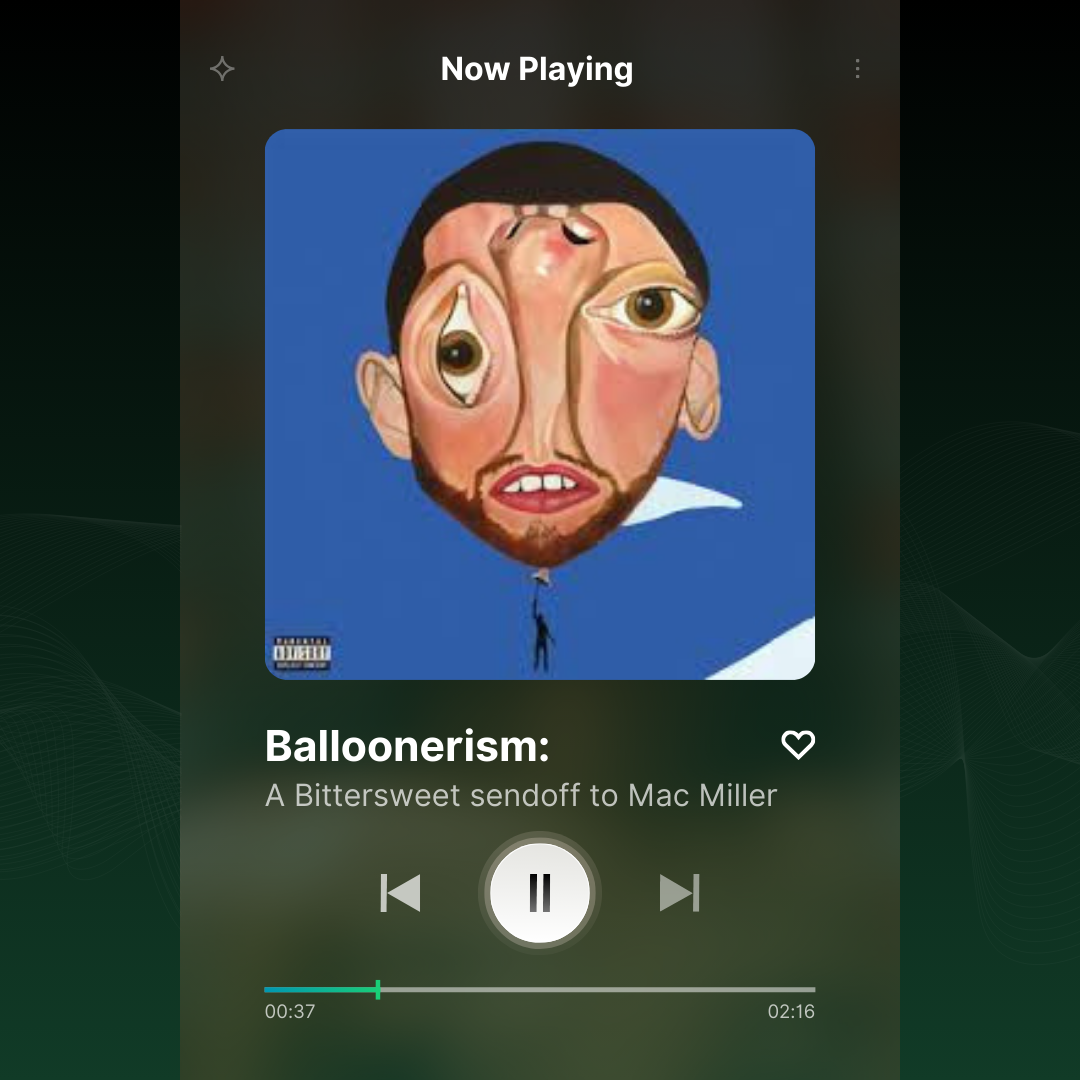With the rise of social media, there has been a growing concern for child influencers and young social media users. Now, more than ever, has there been an alarming number of child influencers being abused for the sake of content, sponsorships, and profit.
Not only have child influencers been affected, teenagers who are influencers have also been affected, either emotionally, mentally, or both. A survey done by Sentiment showed that 93% of teenagers actively use social media. With most having a parent or manager run the account. But how has this affected how teens behave with others? Well, social media can have a heavy impact on FoMO (Fear of missing out), as well as increase rates of anxiety, stress, and aggression. Mrs. Mahoney, Patriot High School’s social worker, stated while it made teens more bolder it has also made them say things they wouldn’t say to their peers with harmful connotations. Not only has social media changed the way others talk to one another, it has made positive and negative impacts in regards to children, with positive notes being more access to helplines, and negative notes being child exploitation and bullying.Not only does child exploitation radically alter the lives of minors [around the world], it has an even darker counterpart–child sexualization.
Children tend to act like their parents or what is expected of them, being made to act as the adult or parent for the sake of their parents, siblings, or for their own needs, as well as wanting to be like others such as influencers on social media or famous celebrities as studies show, and with the amount of general sexualization of adults it’s no wonder they tend to sexualize themselves just to ‘fit in.’ Mrs. Mahoney states how teenagers and preteens might see people in more revealing clothing and want to look like them, they might see those types of clothes and find an appeal to the appearance and want it for themselves. Since people tend to want attention on social media they might lean towards more sexualized behavior. Though this isn’t the only form of child sexualization, a lot of times parents and ‘Mommy bloggers’ post photos of their young children in swimming suits or even photos of their babies getting a bath without knowing that they might be unintentionally sexualizing their children to online predators.
A survey done by Real Research Media showed that the top concerns from adults ages 21-99 about child exploitation in family vlogging were stalking (32.55%), privacy violation (26.58%), kidnapping (19.77%), negative and hate comments (7.45%), and the threat of assault (6.73%). When asked in regards to how stalking was defined Mr. Fink, the SRO at Patriot, explained that for officers in Virginia they had to follow the state code. The state code has a lot of legal jargon in there that he said could be “hard to understand.” for most. He explained that the city of Alexandria had a more understandable way of figuring out how stalking is defined, in the way they put it stalking is any person who on more than one occasion engages in conduct directed at any person with the intent to place or when they know or reasonably should know that the conduct places the person in reasonable fear of death, criminal sexual assault or bodily injury, to the person, the person’s family or household members.
We know studies have shown how mental health can be affected by social media and how it can even change a person for the better, or for the worse. While people are aware of child exploitation only a staggering 44% of them are aware. Fortunately, states like Illinois have taken action to make sure that child social media influencers are compensated for their work, with at least six other states (Maryland, California, Georgia, Missouri, Ohio, and Arizona) following their lead in regards to introducing that legislation. While this does help children get the compensation they deserve it doesn’t erase the fact that to this day they are forever burdened with the content they were made to do, compensation doesn’t equal to recovery, nor is it enough to erase the past and make people forget.









